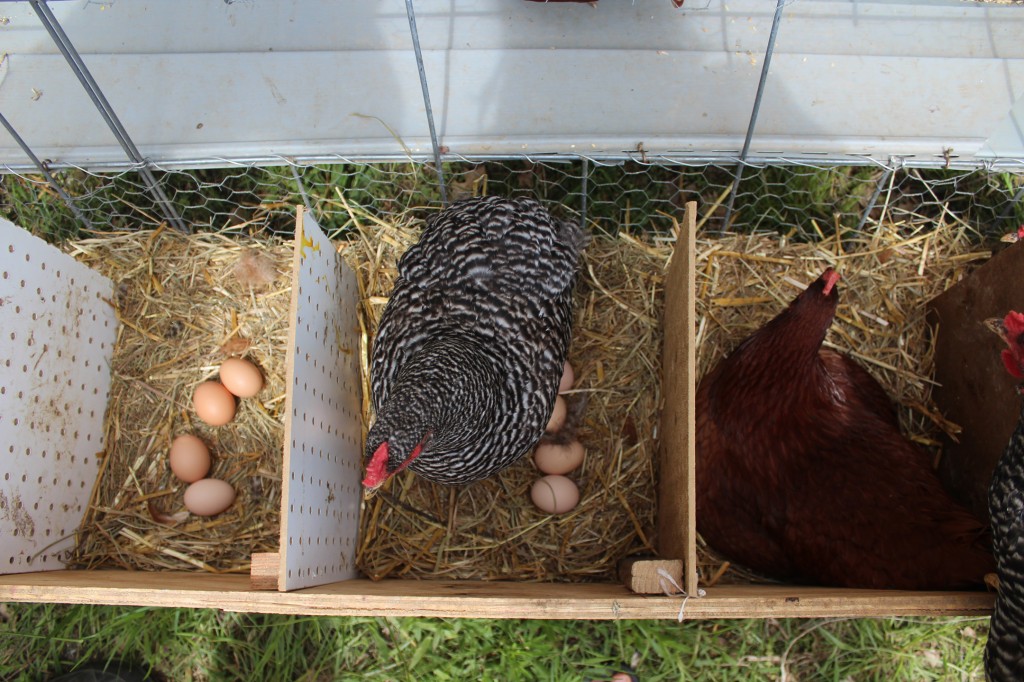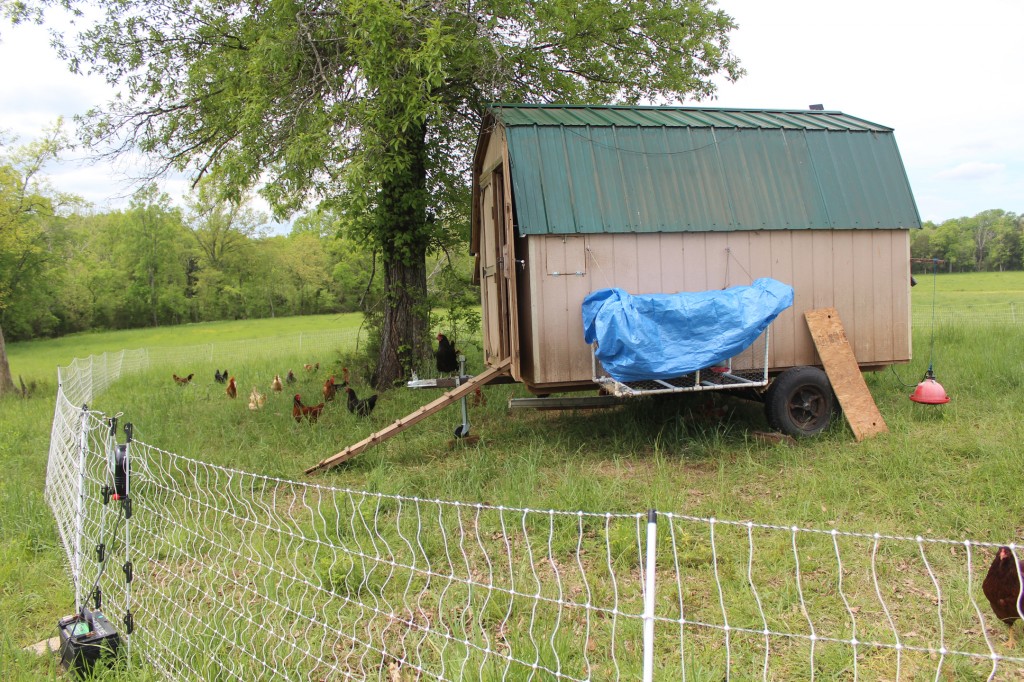A lot of people ask me how to find and verify that they are buying the right eggs, so I’ve created this list of questions you can ask your egg supplier. It’s really simple. :)
1.) Are your hens on pasture?
2.) How much pasture do they have access to? For how long each day?
3.) What feed do you supplement with? Is it organic?
4.) Do you supplement with soy (even if it’s organic)?
5.) Do you supplement with corn (even if it’s organic)?
6.) Are there any oils (like canola) mixed into your feed?
7.) Would you eat your eggs raw? (Pastured eggs should be able to be eaten raw safely.)
The eggs that I buy are pastured, organic, corn-free and soy-free. Sometimes the hens are supplemented with oyster shells. The eggs are also fertilized.
I am indifferent about fertilization. Some say it makes the eggs more nutritious. I’ve never noticed a marked difference. Despite homesteading rumors, the color of the yolks is also not a guaranteed indicator of egg nutrition. Some commercial egg productions add coloring to the chicken feed to make the yolks darker, but you shouldn’t have to worry about this with local pastured egg producers.
My advice? Shake the hand of the person who raises your food. Look them in the eye and say, “Thank you.” It’s a marvelous feeling. :)












Great list. Thanks!
I will say, however, that organic, pastured eggs can have salmonella in them. Even if they are not washed and the salmonella cannot penetrate the egg shell there is a possibility that the hen has systemic salmonella enteritidis infection that will be passed into the interior if the egg. Pastured chickens have as much or more access to salmonella as an environmental contaminant because of their exposure to wild birds and game. Eggs are not sterile. Always be careful when consuming raw eggs, especially if you have immunocompromised people in your home.
Is that an electric fence? It seems short to keep in chickens.
It’s more to keep other critters out.
Thank you for this so much! One day, I hope my husband I will be able to buy pastured eggs.
This is all new to me. We have been buying grass fed eggs from a local farmer for about 4 months now. We live in the Northeast, so winters are cold. What do farmers feed their “grass fed” chickens in the winter?
Chickens are not grass fed. Do you mean pastured? Chickens are omnivores, so I’m not a fan of advertised “vegetarian” chicken eggs. Chickens that are allowed adequate access to pasture should be able to peck and scratch for bugs and greens. Many supplement with feed for this reason. We only buy eggs from farmers that do not use corn or soy in their feed. Depending on the circumstance, we will allow corn, as long as it’s organic, but never soy.
I’m not sure what your farmer does in the winter. You will need to ask them directly. Sometimes hens stop laying in winter due to the shorter days.
excellent list, I think this also applies to pastured/organic meat, there’s a guy in our local area who just buys any cattle from the saleyards, takes it to the abattoir and then sells is as “grass fed” when he has no idea of its history. It pays to ask and ask as many questions as you can think of!
Definitely!